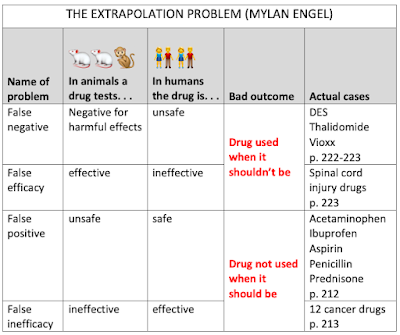- Participation self-assessment
- Review for final
- Reminder: please fill out an evaluation for this class (at Canvas). It's completely anonymous. Deadline is Dec. 7.
- How would you describe your contribution to class discussion (in class, in groups, on index cards, after class, by email, etc.)?
- Top contributor--Contributed on most days
- Frequent contributor--Contributed around once a week
- Quiet contributor--Rarely contributed to class discussion, but did contribute in groups, on index cards, etc.
- Is there anything else I should know about your contribution to class discussion or about your attendance?
- The final will be on Dec 9, 11:30 - 2:30. We will review on Monday Dec 5.
- The list of questions is here.
- Suggested length for each answer: like one RR (150-250 words).
- You should make a plan for each of the questions. Use blog posts, slides, readings, your notes, and your RRs. INDEX below will help you find material.
- It will probably take you 1 - 1.5 hours to take the final.
- Look over the final questions.
- Spend 5 minutes looking at pertinent material.
- Write one question at the workbook or put an X beside someone else's question.
- We will first be talking about evaluating arguments, which is required for several of the questions.
INDEX
5. EATING ANIMALS
10.16 Animals as Food Factory farming
10.19 The Case for Vegetarianism Peter Singer
10.21 The Case for Vegetarianism Norcross, Eating Animals Slides
10.24 Meat Defense 1, Causal Efficacy Budolfson, Eating Animals Slides
10.26 Meat Defense 2, Existence Zangwill, Eating Animals Slides
10.28 Meat Defense 3, Fairness George, Cordeiro-Rodrigues, Eating Animals Slides
6. PET ETHICS
10.31 Should We Have Pets? Domestiation, Francione vs. Palmer
11.02 Friends or Family? Abbate, also use workbook
11.04 Sterilization and Euthanasia Tolstoy short story
7. ANIMAL RESEARCH
11.07 Using Animals in Biomedical Research Lab presentation, Kazez, Eisenstein
11.11 European and American Regulations Brody, lexical priority vs. balancing-plus-discounting
8. ANIMAL ENTERTAINMENTS
11.14 Zoos, Circuses, and Sanctuaries Aquarium presentation, Gruen (liberty, dignity)
11.16 Animal Shows Issues: welfare, liberty, dignity, culture
11.18 Rodeos and Bullfights Rodeo presentation, cruelty and culture
9. ANIMAL LAW
11.28 Animal Law Basics Existing animal law, Sunstein on two strategies, Sunstein's proposal
11.30 Guest Speaker Non-human Rights Project, liberty rights, habeas corpus
12.2 Guest Speaker Non-human Rights Project, owning wild animals


























